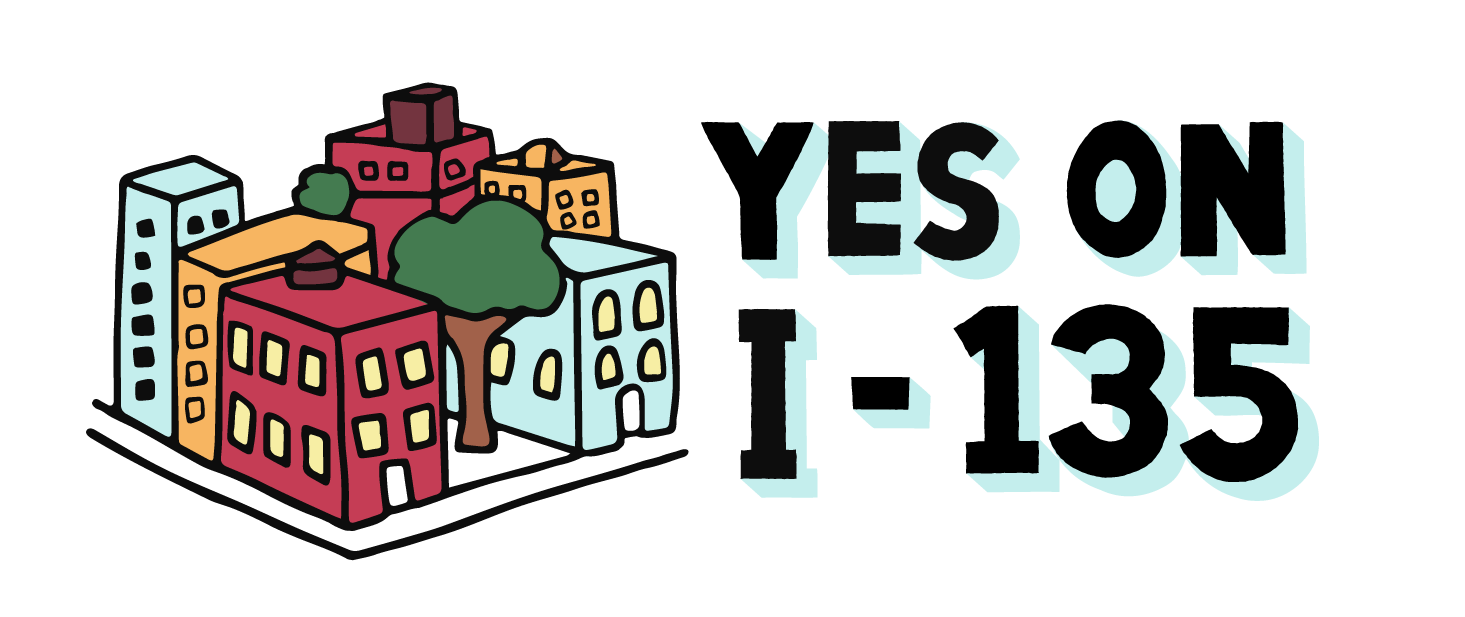If you live in Seattle, this year’s February special election includes a ballot measure of note: I-135, which provides for the creation of a social housing authority to administer the development of mixed income affordable social housing in the city.
If you live in Seattle you probably also know that we’re desperately in need of more housing, especially for low- and no-income residents. A variety of programs exist to address this, but they’re not nearly enough to meet the need, and the addition of a social housing option seems like a no-brainer to help bridge the gaps.
Why social housing? My quick understanding:
- Units are allocated to a range of tenants from 0% to 120% area median income, with no more than 30% of income charged as rent, so nobody is rent-burdened, and nobody loses their housing when their income goes down (or up — nobody is priced out of their existing housing).
- Buildings are managed collectively by their tenants, and rent goes entirely to maintaining the property and eventual investment in further social housing development. Since it’s publicly owned and developed, social housing exists separately alongside the consumer housing marketplace and has no ties to “market rate”.
Seems like a pretty sweet deal to me, and cities like Vienna, Austria have shown that it can work internationally at scale.
Normally I wouldn’t put much emphasis on electoral reform here, but this is a great example of a non-reformist reform — a change made within the system that’s inherently liberatory. If housing isn’t tied strictly to income, people have fewer ties to their specific job (or any job at all, ideally). Social housing is an important step toward housing as a human right.
Check out houseourneighbors.org for full details on the initiative, and vote Yes on February 14th.

